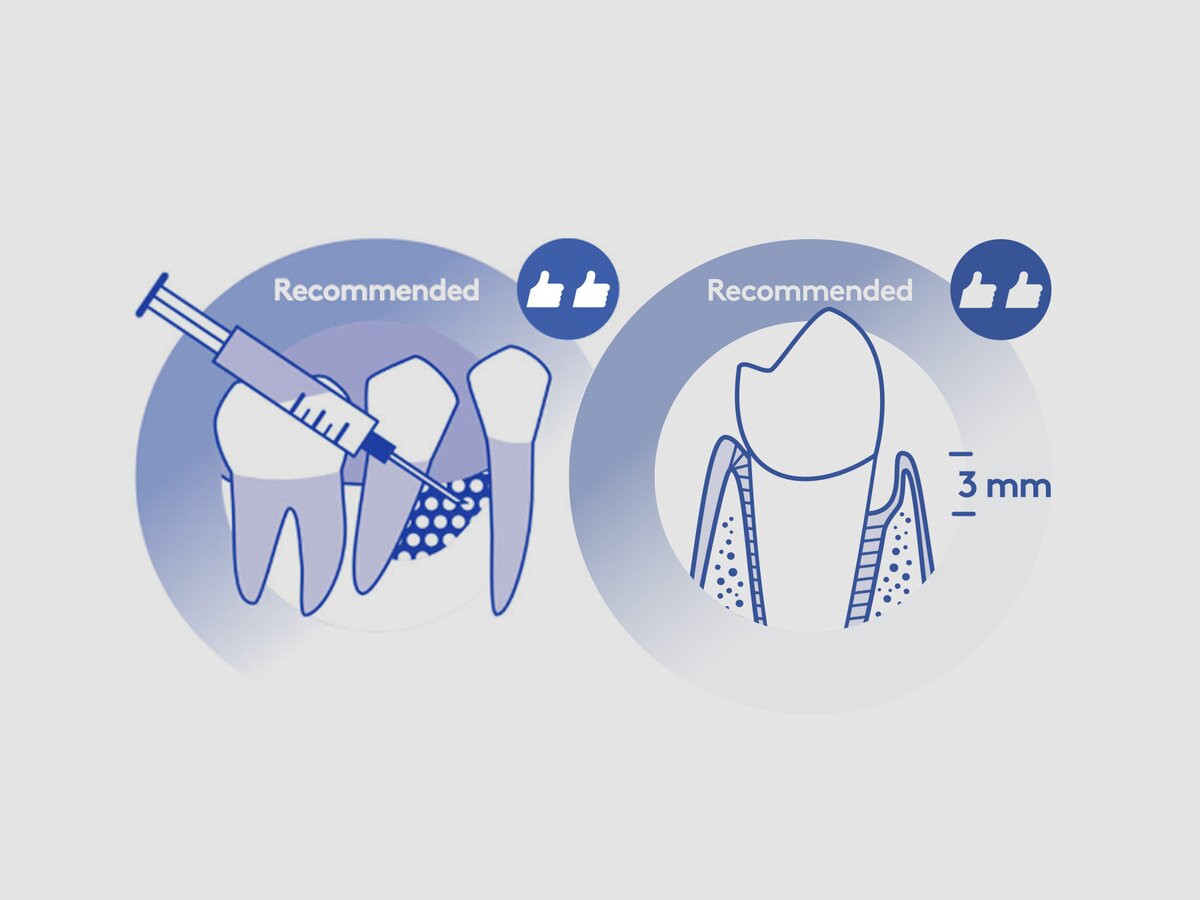Press & Media
Welcome to the Press & Media area!
Here, you will find the latest news, press releases, media resources, and updates about the EFP.
For media inquiries or further assistance, please contact press@efp.org.
What we can offer media:

All about gum disease
We offer comprehensive, evidence-based information on gum disease, a critical aspect of oral health. We provide resources for media outlets to educate their audiences about the causes, prevention, and treatment of gum disease.

Expert comment and opinion
The EFP is home to leading experts from around the world specializing in gum disease, periodontitis, implant dentistry, clinical guidelines, education, and the latest research in oral health, and in multiple languages.

Scientific publications
As part of our commitment to advancing the understanding of gum disease and oral health, we offer a Publications Hub with comprehensive access to the latest research and scientific literature on gum disease and oral health.
Usage Disclaimer
The materials on this website are provided for informational purposes only, and you may not alter or edit any content without the EFP permission.
Always quote the source of information you are using, such as authors, EFP website, etc.
If you have any questions, please contact us.
Check our Media and Events Policy here.




